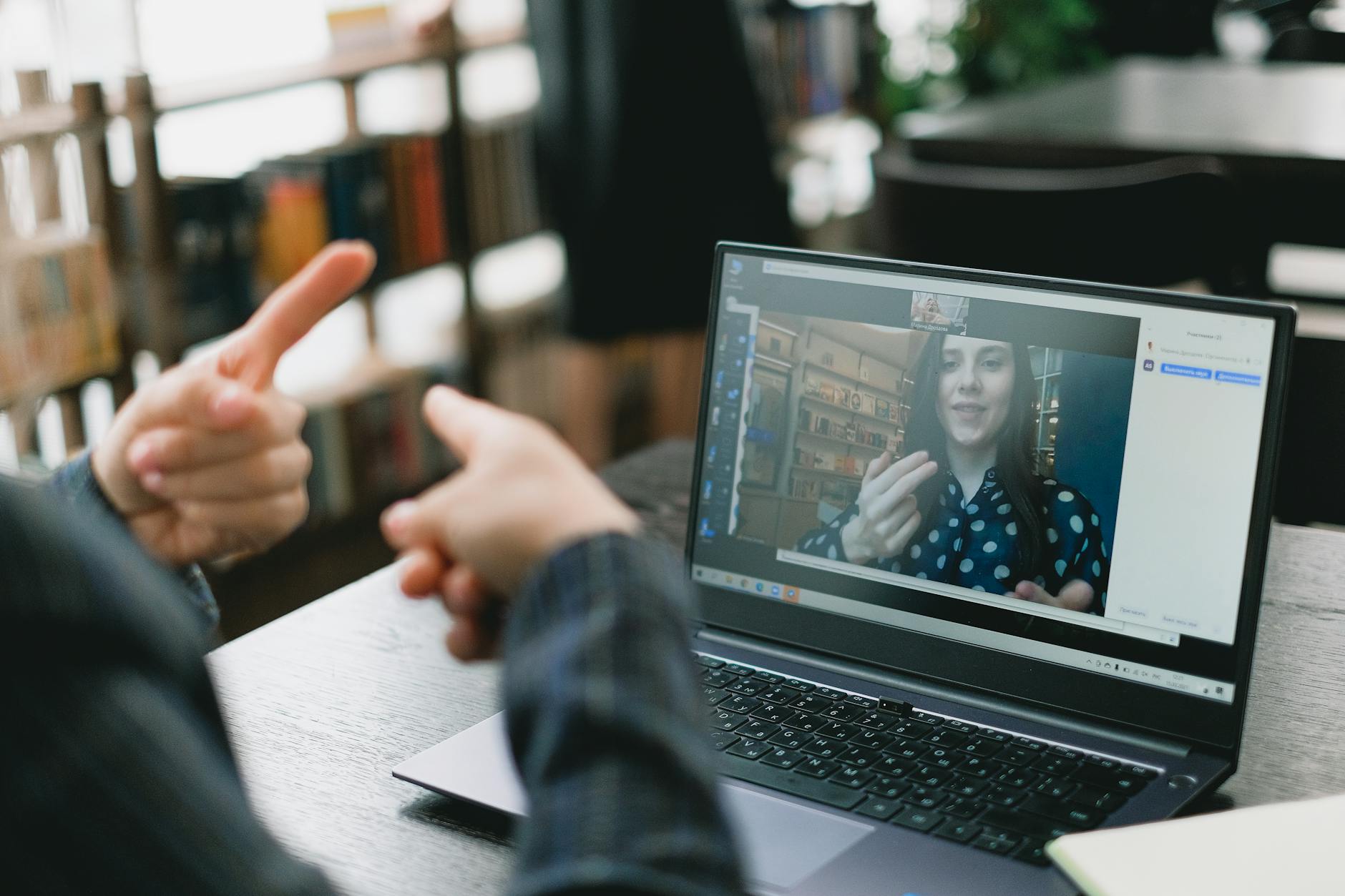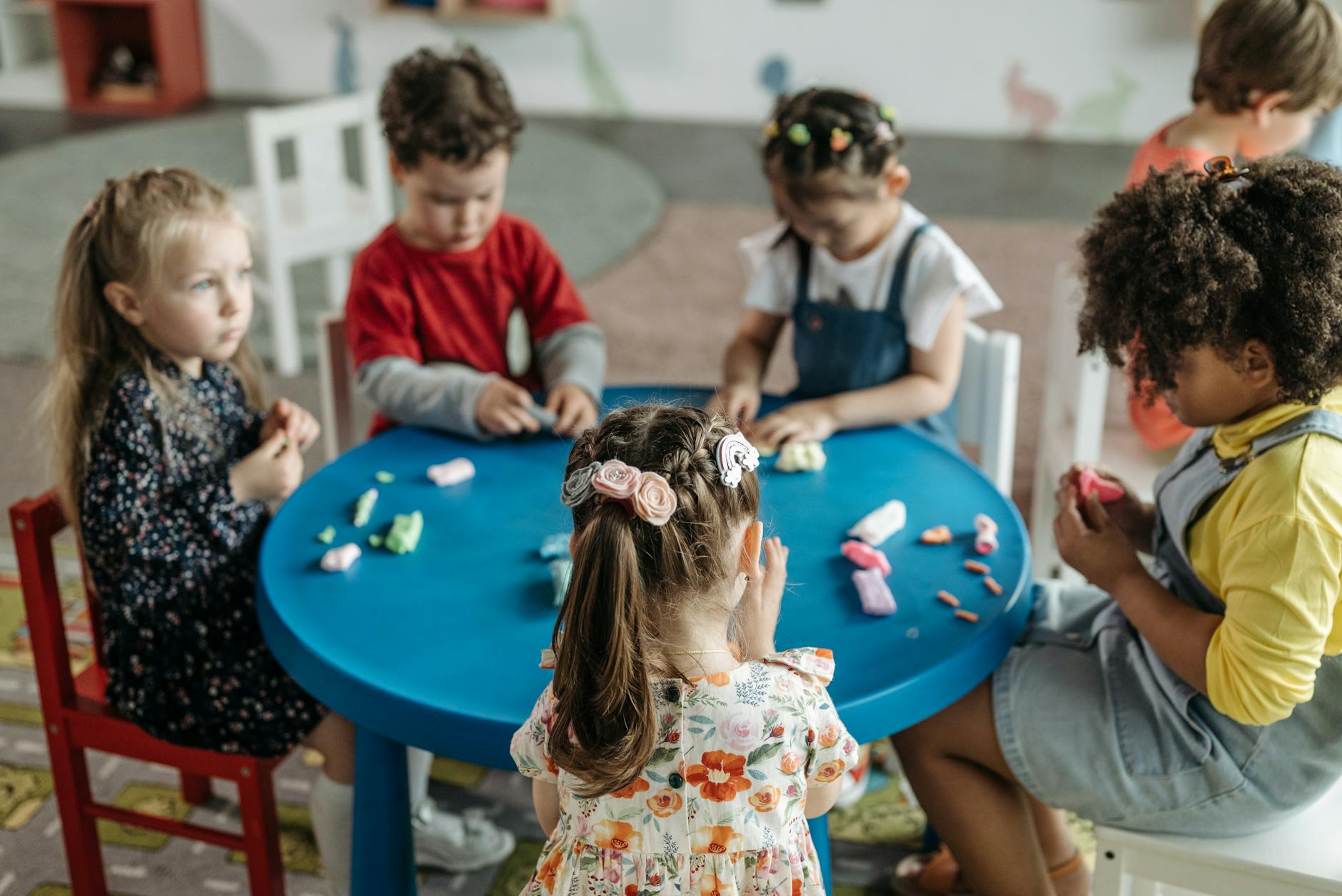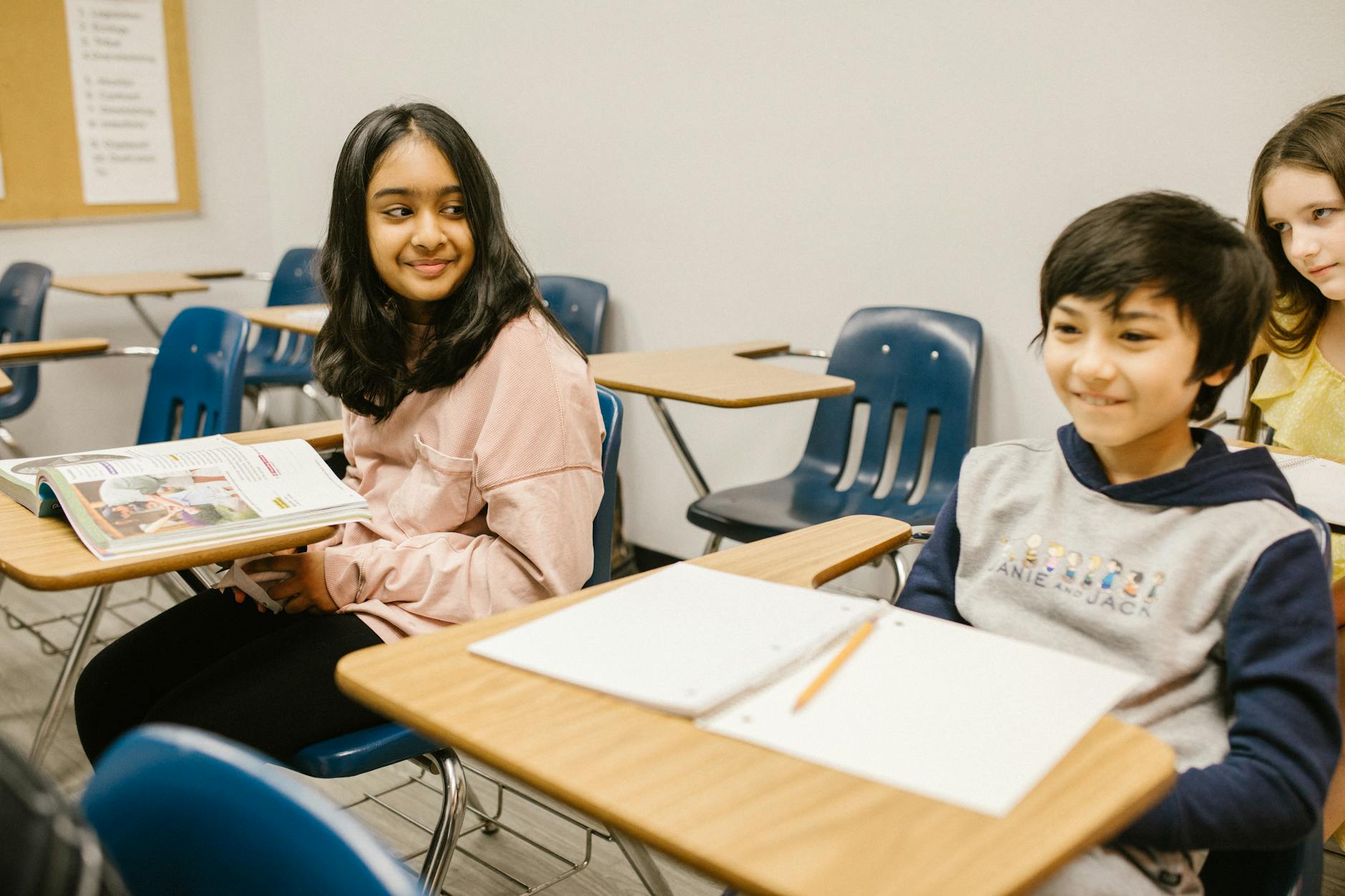How to Find Unique Date Ideas in the United States

Discover Local Attractions
If you're like me and you're on the hunt for things to shake up your routine, exploring your local scene can really hit the spot. Take the lively Rainey Street Historic District, for example. It's a fantastic blend of rustic charm and contemporary flair, offering up a slew of unique experiences. From quaint bars nestled in historic bungalows to food trucks serving innovative bites, the district is an adventure right at your doorstep.
For those weekends when you're craving something distinct yet accessible, local attractions can be a delightful escape without straying too far. These spots provide a rich source of shared stories, ideal for sparking conversation with friends or making memories on a date. Think about integrating activities such as experience gifts to enrich your explorations. These could range from thrilling escape rooms to artistic gatherings where you can mingle with like-minded enthusiasts.
Let me also point out how the wider Bay Area is renowned for its blend of culture and creativity, such as its celebrated paint and wine Bay Area events. These gatherings are perfect when you're craving an innovative art fix combined with a glass of vino. What's more, cities like Chicago have embraced the paint and sip trend (paint and sip Chicago), capturing both locals and visitors with their vibrant sessions, which promise a relaxing yet stimulating evening.
Engage in Creative Activities
Venturing into creative activities can open an exciting world of hands-on experiences, perfect for young professionals looking to expand their horizons. One such interactive endeavor is attending baking classes NYC. These classes offer an engaging way to learn new skills, turning the kitchen into a creative playground where flour dust dances like confetti. Marcus, living in Austin, might feel right at home here, especially if he's ever visited the Central Market Cooking School, where culinary inspiration is boundless.
For those looking to build camaraderie with colleagues, team building activities NYC offer dynamic and refreshing alternatives to traditional office gatherings. From collaborative art projects to constructing creative Lego masterpieces, these activities encourage teamwork and innovation. Imagine the satisfaction of seeing a complex project come to life through the combined efforts of your team, all while fostering stronger professional relationships.
Couples may find cooking classes to be a delightful bonding experience. Participating in couples cooking classes NYC can transform an ordinary evening into an unforgettable date. Creating a sumptuous meal together encourages communication and collaboration, strengthening the bond between partners while offering a delectable reward at the end. This experience offers an opportunity to step out of Marcus’s comfort zone while satisfying his desire for intellectually fulfilling activities.
Embrace the Outdoors
Plan Scenic Hikes
Living in Austin, we're spoiled for choice when it comes to scenic hikes. With spots like the Greenbelt offering winding trails and lush landscapes, it's hard not to feel inspired to lace up those hiking boots. Whether you're a seasoned hiker or someone just looking to enjoy a pleasant stroll, there are plenty of trails that cater to various levels of experience. Hiking provides an excellent opportunity to engage with nature while getting some exercise. Just remember to pack plenty of water and a few snacks to keep your energy up during the trek.
Go Picnic at Local Parks
There's something about dining al fresco that elevates even the simplest meals. A picnic at a local park, such as Zilker Park, offers an ideal setting to relax, enjoy gourmet sandwiches or homemade treats, and watch the world go by. Tailor your picnic with personalized touches—think a cozy blanket, a Bluetooth speaker for light tunes, and some outdoor games for extra fun. Plus, with potential additions like an experience gift card, you could spice things up with an added surprise, be it a nearby activity or a future outdoor adventure.
Explore Botanical Gardens
If you’re intrigued by plants and the tranquility they bring, exploring botanical gardens is a must. Austin's botanical attractions offer a plethora of flora to entice your curiosity, perfect for leisurely walks filled with a vibrant tapestry of plant life. As you wander through the gardens, not only do you get to learn about diverse plant species, but it's also a fantastic way to destress and recharge your mental batteries. Just like discovering a paint and sip San Francisco event, discovering these verdant spaces can offer delightful surprises around every corner.
Savor Culinary Experiences
Enroll in Cooking Classes
As someone who relishes intellectual curiosity, I've found engaging my senses through hands-on experiences to be incredibly fulfilling. A culinary class, especially in a couple's setting, transforms an ordinary evening into a shared discovery. If you’re like me, eager to spice up your routine with a splash of creativity, taking a class at a local cooking school can be a refreshing start. It’s an opportunity to not only sharpen your culinary skills but also to build memorable experiences with a partner. Speaking from experience, having themed sessions that revolve around various cuisines can be an intriguing, educational journey that opens doors to flavors from around the globe.
Visit Farmer's Markets
Walking amidst the vibrant stalls of a farmer's market can stimulate both your taste buds and intellect. The experience of selecting fresh produce, while interacting with local vendors, presents a direct connection to the community. With each visit, I find a new recipe idea or an ingredient that piques my curiosity. Given the value of authenticity and novelty, farmer's markets charm those of us who yearn for more than just shopping; they offer a sensory journey where sights, sounds, and scents blend harmoniously.
Dine at Pop-up Restaurants
For those drawn towards trying unique gastronomic adventures, pop-up restaurants are an exciting avenue to explore. They allow us to sample innovative dishes crafted by emerging chefs who are testing creative culinary boundaries. If you’re hunting for bachelorette party ideas or simply want to surprise your taste buds, these temporary eateries can serve as ideal venues. Whether it's the spontaneity of the setup or the exclusive nature of the menu, dining at a pop-up is more than just a meal—it's an exploration of culinary art. To add an intellectual twist to these outings, attending online craft classes is another fantastic option to bond over creativity from the comfort of home.
Common Pitfalls to Avoid in Your Austin Adventures
Skipping the Reservation Puzzle
Ah, the excitement of a night out on Rainey Street can make you feel spontaneous, but don't overlook making reservations at those bustling restaurants or activity spots. It’s a shame to miss out on popular spots simply because we underestimated their demand. I learned this lesson the hard way when trying to get into a beloved local eatery known for its inventive cuisine. Now, I’d suggest calling ahead or using apps to secure your spot—saving you from heartache and wanderlust regrets.
Disregarding Weather Warnings
Austin's weather can flip on a dime faster than you can say "pecan pie." Trust me, I’ve been caught without an umbrella during an unexpected downpour while on a scenic hike at Barton Creek. Always check the forecast and plan for contingencies. Keep a small travel umbrella or light rain jacket handy, especially if you're heading to outdoor spots like Lady Bird Lake or those delightful picnics at Zilker Park.
Underestimating Travel Timing
With the vibrant pulse of the city and its lively activities, travel time can sneak a bit longer than expected. Seek out the backroads or allow extra time for traffic when exploring Austin’s dynamic venues. Whether you're weaving through the bustling streets around The Contemporary Austin or making your way to a Central Market Cooking School class, planning for smooth transitions ensures more time for the activities you love. Give yourself that extra cushion, and you’ll breeze through Austin like a seasoned local.


